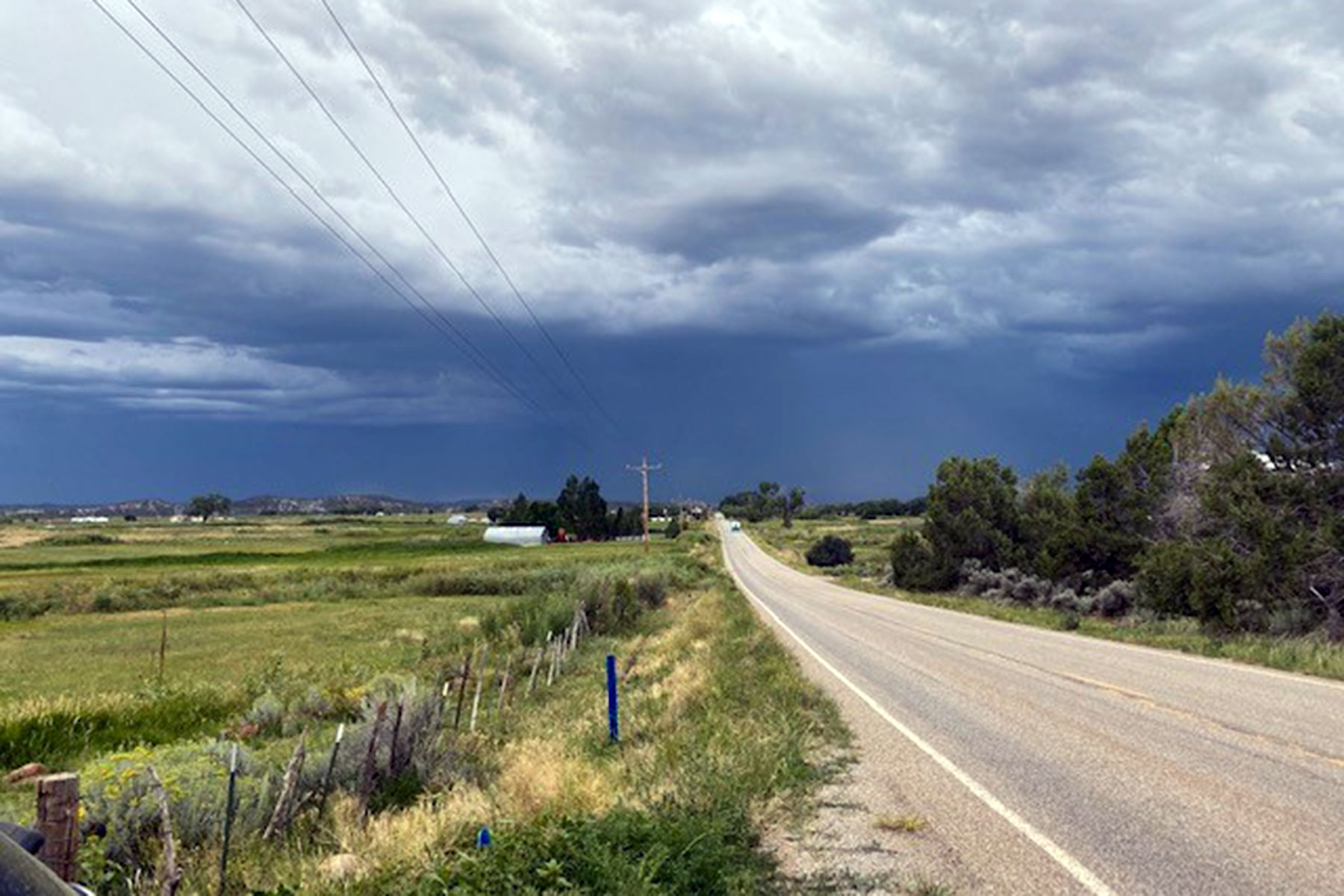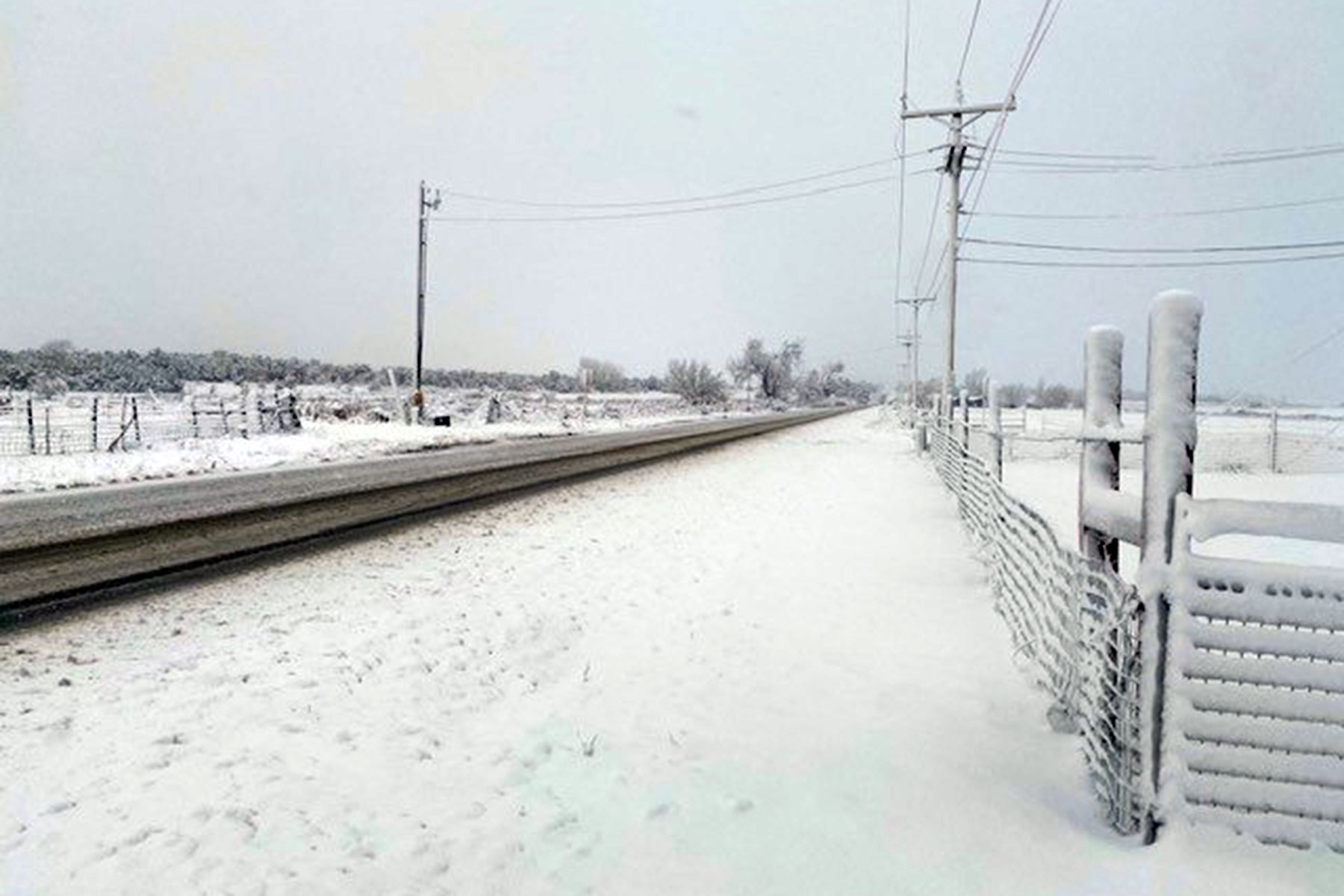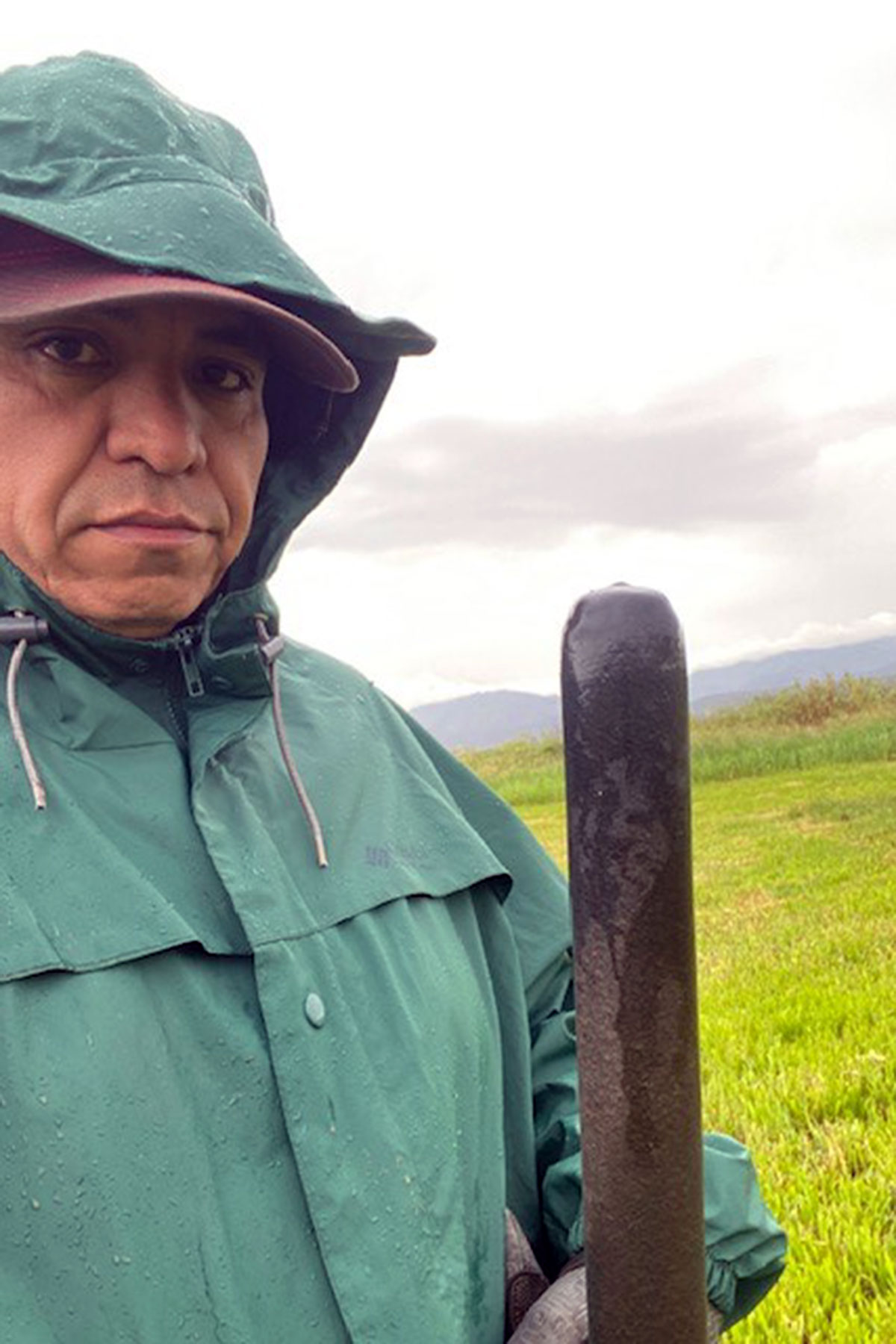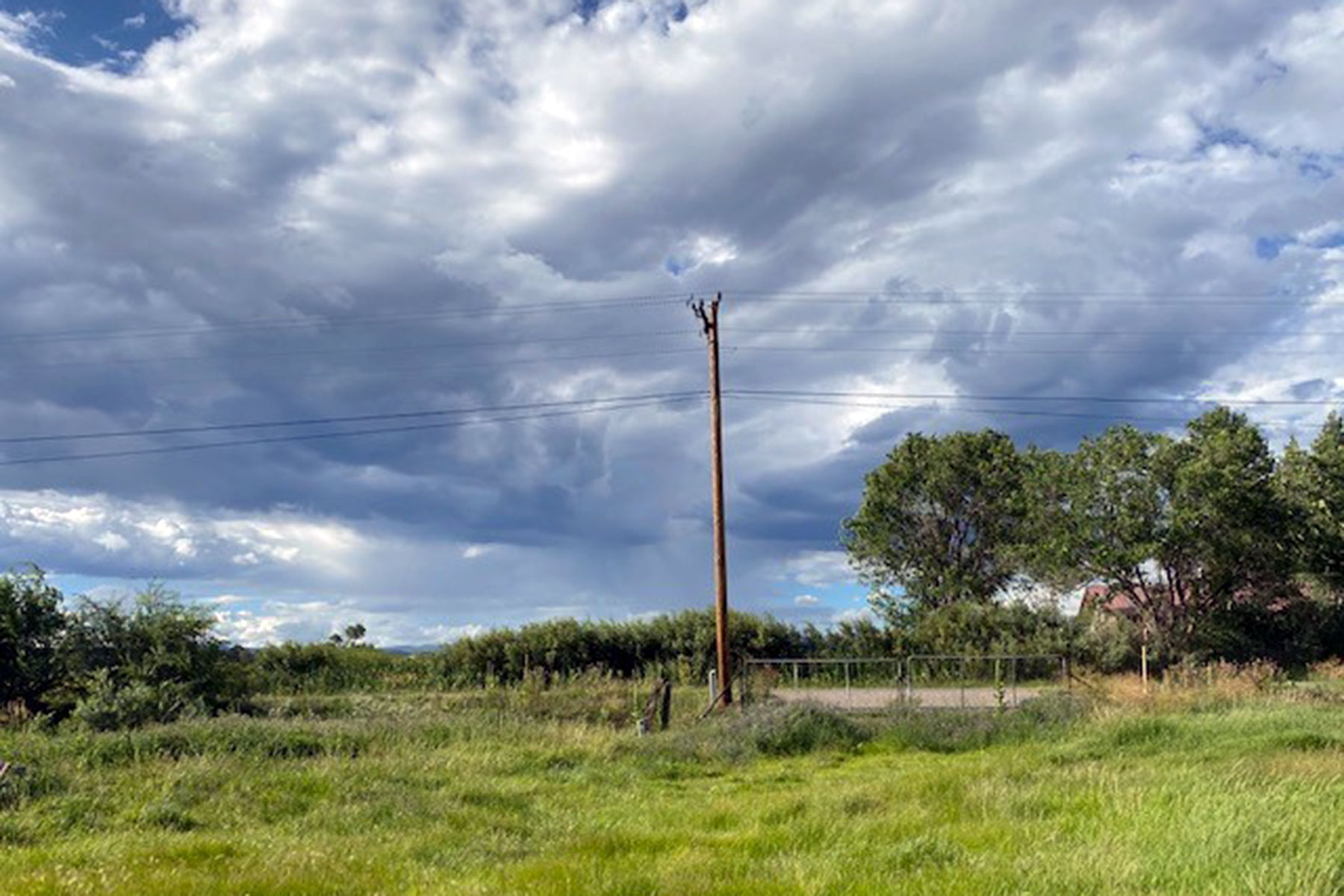The Eye of the Beholder
In nature, there are things that happen without the interference of people. Hence the concept of “natural occurrences.” Take forest fires for example. Forest fires are crucial to the health of the forest. Getting a forest fire to start without the aid of mankind may be tricky and the only way I can think of that happening is through lightning strikes. Once the fire is ignited, it tears through the forest quickly and is fueled by dry fuels such as dead branches, dried grass, undergrowth, and trees. Sometimes fire can spread faster than wildlife (and humans) can run, and we have seen instances of entire fire crews falling to fast moving fire. Nature can be ruthless, but ruthless as it is, it is also very necessary. Forest fires clean the forest floor and make space for future growth. The ash adds nutrients to the soil even though it also creates erosion through loosened dirt and depleted root growth. The forest becomes thinned out from competing trees and when all is said and done, life goes on.
When humans encroach into the wild to expand civilization, we unintentionally take on the role of a steward of the land that we are building on or residing. If we deem that forest fires shall not happen, then it is our responsibility to take efforts to “do the job” that would have occurred naturally. If we want healthy soil, vegetation, and favorable conditions to grow agriculture or raise livestock, we need to roll our sleeves up and do what it takes for the long haul. We need to get rid of dead branches, clean under trees, control erosion, and such things. As we strive to mold and shape the land, we praise the progress and curse things that hamper our efforts. Weather is one of the things that we wish would benefit us at our convenience. We become upset when it decides to do its own thing and we call it “bad weather”. Truth be told, there is no such thing as good weather or bad weather. There is just your attitude toward it.
Perspective
In the last article “Water Part II”, I was trying to illustrate the current situation of drought and how many cattle ranches and livestock businesses are liquidating stock because they already foresee that they will not be able to feed larger herds. Tough decisions are being made and at best, to reemphasize the nature of agriculture, this is a business of hope. Now that we have had a nice downpour of water, I imagine that there are still going to be critics of whatever weather happens to occur. We still have plenty of hay farmers who are waiting to harvest first cut and now that we have had rain, we need to wait for the fields to dry out before we can put tractors on them. I guess if you have access to irrigation, then one would just hope for clear skies most of the spring, summer, and fall because we can control hydration to the plants, but we need the clear skies to harvest. If a person does not have irrigation, then they welcome the rain much more often. Regardless of what part of the spectrum we are on, we must come to the realization that we cannot control the weather. I can’t remember where I read a passage of a person talking about weather and how it could react to us if we think of it like a personality. Like other animals and things with consciousness, there would be an expected response from our words and attitude. The person in the passage says that if you call it Bad Weather enough times, it will think that you don’t want things like rain, wind, and snow. It will not want to visit you because you speak to it with a mean tone and so it begins to avoid you. In its absence, we begin to wonder, “why doesn’t it ever rain like it used to?” Something to consider, I guess.
Dancing in the Rain
I’ve learned to balance my tasking between things that need to be done inside and outside. Irrigation settings still need to be changed every morning before work and every evening after work. Cleaning, cutting weeds, and outside chores will take up most of whatever leftover time there is in daylight. In the summer this is usually from 5:30 a.m. to 8:30 p.m. In the winter, you will get very little outside time if you have a full-time job. It will be dark when you go to work and the sun will be setting as you drive home. I try to stack up all my inside jobs as things to do in the winter when it’s dark outside, but I still have three or four hours before going to bed. Having a workshop would be great. I could service all my small engines, build new projects, and clean up all farm tools and equipment. During these summer months, I tend to accumulate quick inside projects in the barn in the event of rain or heavy wind. I can retreat to the barn to knock out a few things and still feel like I haven’t lost out on productivity; I have merely shifted my tasks. All these projects will need to be done anyway. Paul Gaugin once said, “Do what you can, with what you have, where you are.” Just like money, save plenty of tasks for rainy days and let’s be thankful that beautiful weather is also diverse.








